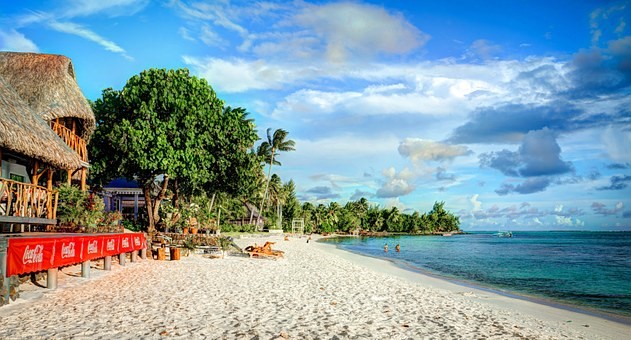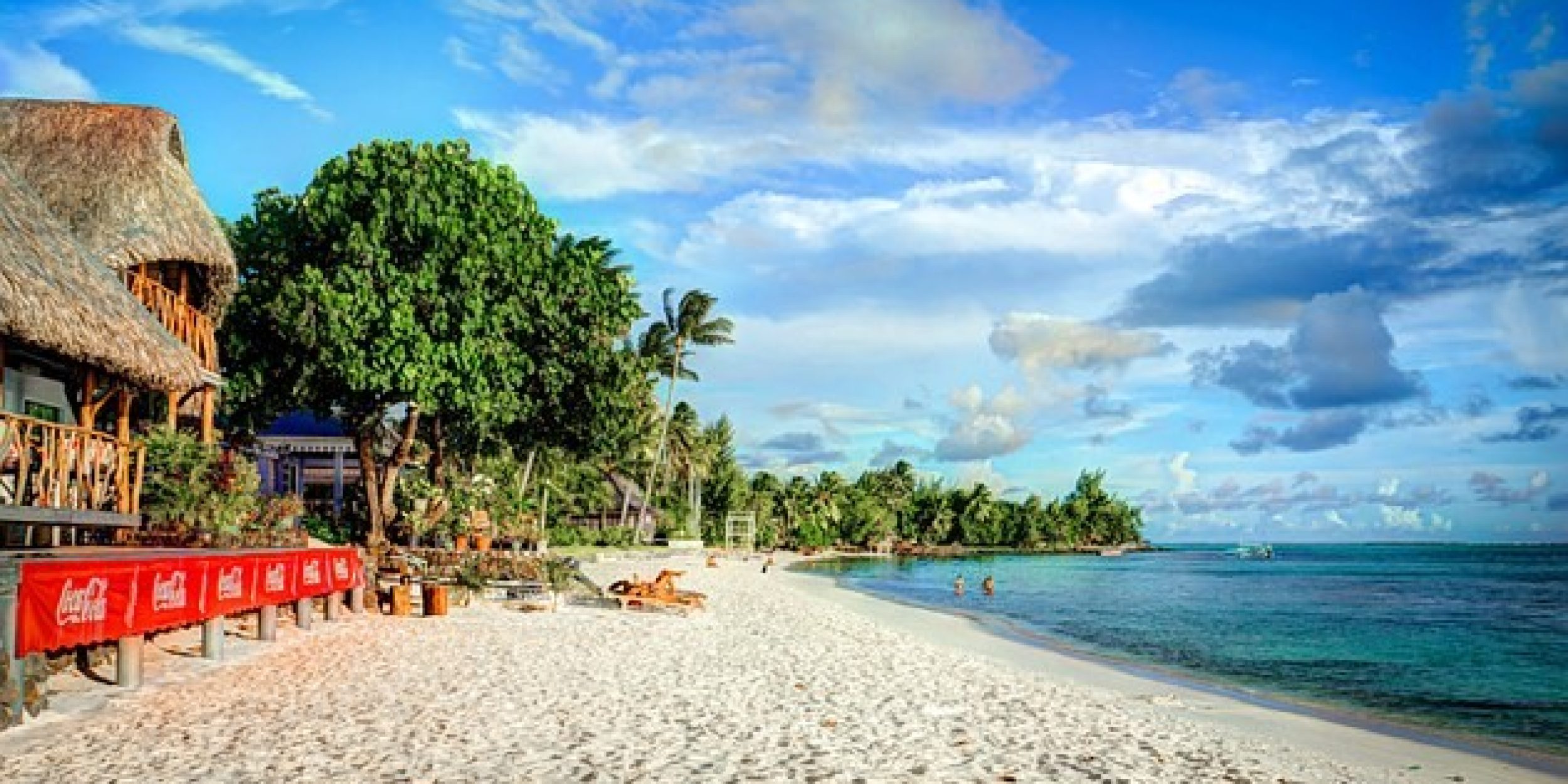

Small islands are among the most vulnerable to climate change impacts, with many facing compound events related to changes in sea levels as well as threats from ocean acidification, shifting temperature and rainfall patterns, and extreme events like storms, droughts, and marine heat waves. At the April 2021 Leaders Summit on Climate, the United States formally announced a new multi-agency partnership to foster small island leadership that would combat the climate crisis and promote resilience in ways that reflect their unique cultures and sustainable development needs. In support of this multi-agency partnership, CPO and the Department of State established a formal partnership through an interagency agreement signed September 17th to advance island-led resilience. The activities conducted through this interagency agreement will directly support a unique island-led initiative called the Local2030 Islands Network. This initiative will enhance the capacity of small island developing nations in the Pacific and Caribbean to integrate climate data and information, and apply effective coastal and marine resource management strategies to support sustainable development. As the most vulnerable populations often have the lowest capacity to respond to these challenges, there is a clear need for increased capacity in small island regions to understand, predict, mitigate, and adapt to climate change in the context of enhanced resilience and sustainable development.


